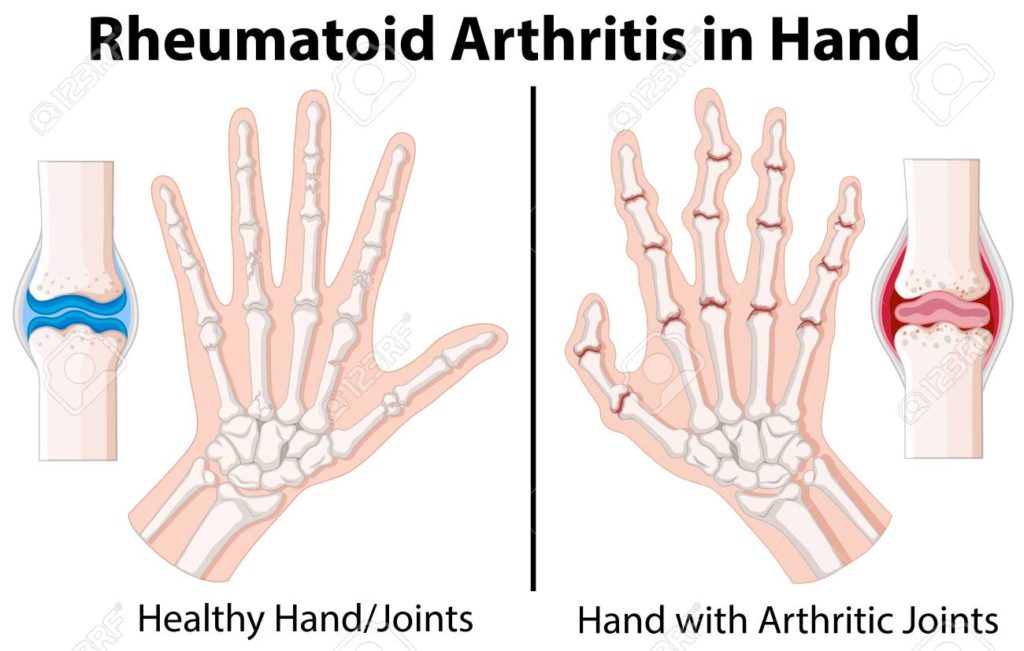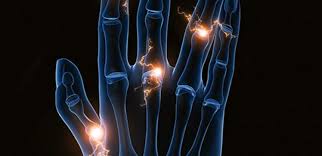In this blog, I will discuss with one of the autoimmune diseases Rheumatoid arthritis and the fucoidan effect. According to the “Arthritis Foundation,” Rheumatoid Arthritis (RA) is your immune system mistakenly attacks the joint and creates inflammation that causes the inside of the joint to thicken, resulting in swelling and pain around the joints.
Over time, there is a loss of cartilage, and the joint spacing between bones become smaller. Joints can become loose, unstable, painful. If untreated, they also lose their mobility. Joint deformity also can occur, and its damage is reversible. Rheumatoid Arthritis most commonly affects the joints of the hands, feet, wrists, elbows, knees, and ankles.

About 1.5 million people in the United States alone suffer from Rheumatoid Arthritis. According to the research, the disease has a higher rate in women than in men. It is said to be about three times more than in men. In women, Rheumatoid Arthritis most commonly begins between ages 30 and 60. In men, it often occurs later in life. Having a family member with Rheumatoid Arthritis increases the odds of having this disease. However, the majority of people with Rheumatoid Arthritis have no family history of the disease.
Now I will explain the fucoidan effect and Rheumatoid Arthritis.
According to Abdul-Rehman Phull et al., oxidative stress can be confirmed as a root cause of chronic inflammatory disorders such as Rheumatism. Cyclooxygenases (COXs) catalyze the production of prostanoids, including thromboxane. Prostanoids play a critical role in pain and inflammatory response. Especially the expression of COX2 increases in a specific pathological condition such as inflammation and Rheumatoid Arthritis. Several molecules interleukins (IL), tumor necrosis factor (TNF) are involved in the pathology of Rheumatoid Arthritis.
The study demonstrated that Fucoidan showed significant anti-arthritic responses in rat articular chondrocytes, respectively. In particular, fucoidan down-regulated the expression of antioxidant potential likes COX2 to correlate with anti-arthritic effects.
Fucoidan can reduce the production of inflammatory cytokines such as TNF-α, IL-1, and IL-6. It can also help to ease pain, and significantly reduce edema, and swelling in joints. (https://www.sciencedirect.com/science/article/pii/S0141813016325338)
